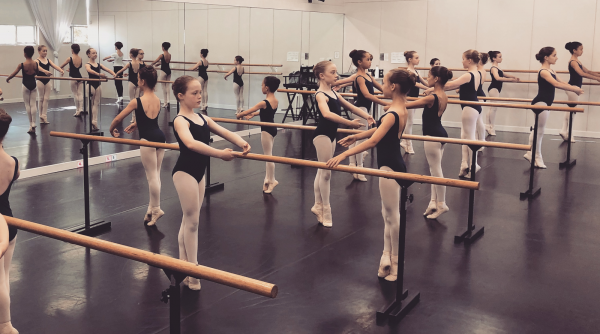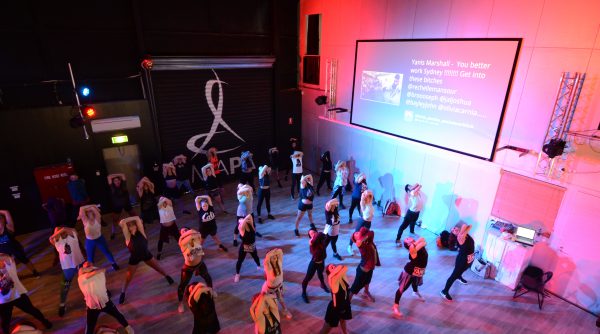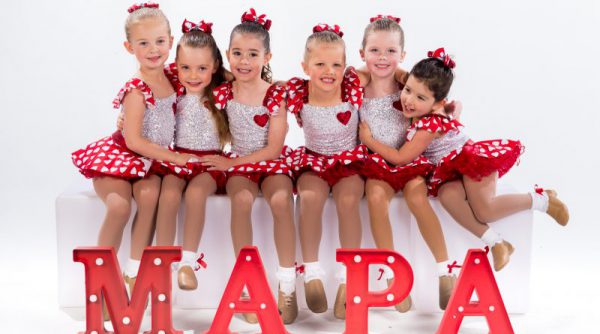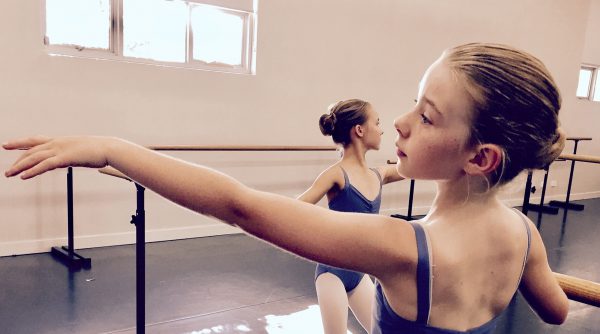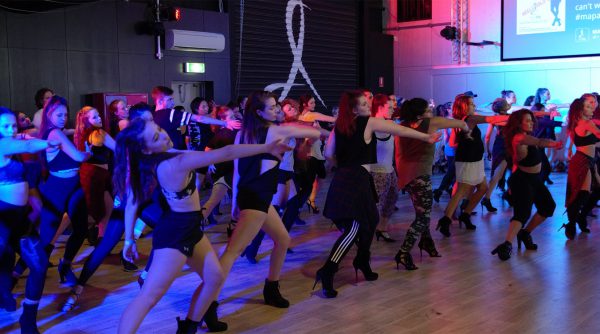All staff, volunteers, and board members of MAPA must adhere to child-safe principles and uphold the highest standards of behaviour when working with or around children. The safety, participation, wellbeing, and empowerment of children are our top priorities.
MAPA staff, teachers, volunteers and contractors are responsible for:
- Upholding MAPA’s Statement of Commitment to Child Safety at all times.
- Taking all reasonable steps to protect children from harm or abuse.
- Treating all children, families, and colleagues with respect.
- Listening to and responding appropriately to children’s views and concerns—especially if a child reports abuse or expresses fears about their safety or the safety of another child.
- Promoting the cultural safety, participation, and empowerment of Aboriginal children (e.g., by respecting their self-identification).
- Promoting the cultural safety, participation, and empowerment of children from culturally and linguistically diverse backgrounds (e.g., by maintaining a zero-tolerance approach to discrimination).
- Supporting the safety, participation, and empowerment of children with disabilities (e.g., by ensuring appropriate assistance during personal care activities).
- Ensuring, as far as practicable, that adults are not left alone with a child.
- Private lessons must take place in rooms with visible windows, and doors should remain open where appropriate.
- Parents or carers must have the option to observe the class.
- MAPA staff will conduct regular visits to ensure compliance.
- Reporting any allegations of child abuse to MAPA’s Child Safety Officer, Director or administrative staff and ensuring that all reports are referred to police or child protection services as required.
- Reporting any child safety concerns to the Child Safety Officer or Director.
- If an allegation of child abuse is made, taking immediate action to ensure the safety of the child(ren) involved.
- Encouraging children to express themselves and actively participate in MAPA activities, especially on issues that impact them.
MAPA staff, teachers, volunteers, and contractors must never:
- Develop any ‘special’ relationships with children that may be perceived as favouritism (e.g., offering gifts or special treatment).
- Engage in unnecessary physical contact with children.
- Physical correction (e.g., adjusting posture in dance training) must be appropriate, professional, and never sexual or abusive in nature.
- Place a child at risk of harm (e.g., by locking doors or isolating them from supervision).
- Perform personal care tasks that a child can manage independently (e.g., toileting or changing clothes).
- Discuss mature, adult, or personal topics in front of children (e.g., social activities, relationships).
- Use inappropriate language in the presence of children.
- Express personal views on culture, race, gender, or sexuality in a way that could be discriminatory or harmful.
- Discriminate against any child on the basis of culture, race, ethnicity, disability, or any other characteristic.
- Attend work under the influence of drugs or alcohol, or discuss substance use with children.
- Have contact with a child or their family outside of MAPA without prior approval from the Child Safety Officer (e.g., no babysitting).
- Incidental contact (e.g., seeing a child in public) is acceptable.
- Engage in private online communication with children or their families (except where necessary for MAPA-related purposes, such as e-newsletters).
- Ignore or fail to report any suspected or disclosed child abuse.
- Yell at, threaten, isolate, bully, or intimidate children.
Reporting Breaches of the Code
By observing these standards, you acknowledge your responsibility to immediately report any breaches of this code to MAPA’s Child Safety Officer, or Director.
Failure to comply with this Code of Conduct will result in disciplinary action. In cases of serious breaches, this may include immediate dismissal and referral to external authorities.
If you believe a child is at immediate risk of harm, call 000 immediately.
